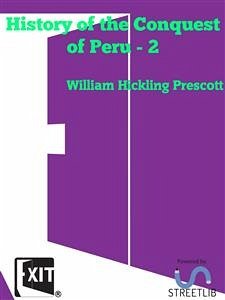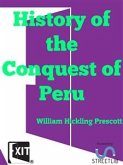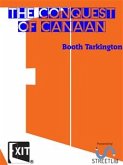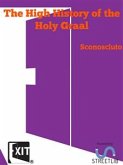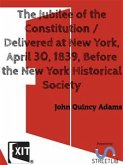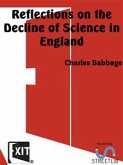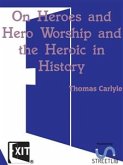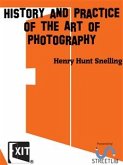Preface
The most brilliant passages in the history of Spanish adventure in the New World are undoubtedly afforded by the conquests of Mexico and Peru, - the two states which combined with the largest extent of empire a refined social polity, and considerable progress in the arts of civilization. Indeed, so prominently do they stand out on the great canvas of history, that the name of the one, notwithstanding the contrast they exhibit in their respective institutions, most naturally suggests that of the other; and, when I sent to Spain to collect materials for an account of the Conquest of Mexico, I included in my researches those relating to the Conquest of Peru.
The larger part of the documents, in both cases, was obtained from the same great repository, - the archives of the Royal Academy of History at Madrid; a body specially intrusted with the preservation of whatever may serve to illustrate the Spanish colonial annals. The richest portion of its collection is probably that furnished by the papers of Munoz. This eminent scholar, the historiographer of the Indies, employed nearly fifty years of his life in amassing materials for a history of Spanish discovery and conquest in America. For this, as he acted under the authority of the government, every facility was afforded him; and public offices and private depositories, in all the principal cities of the empire, both at home and throughout the wide extent of its colonial possessions, were freely opened to his inspection. The result was a magnificent collection of manuscripts, many of which he patiently transcribed with his own hand. But he did not live to reap the fruits of his persevering industry. The first volume, relative to the voyages of Columbus, was scarcely finished when he died; and his manuscripts, at least that portion of them which have reference to Mexico and Peru, were destined to serve the uses of another, an inhabitant of that New World to which they related.
The most brilliant passages in the history of Spanish adventure in the New World are undoubtedly afforded by the conquests of Mexico and Peru, - the two states which combined with the largest extent of empire a refined social polity, and considerable progress in the arts of civilization. Indeed, so prominently do they stand out on the great canvas of history, that the name of the one, notwithstanding the contrast they exhibit in their respective institutions, most naturally suggests that of the other; and, when I sent to Spain to collect materials for an account of the Conquest of Mexico, I included in my researches those relating to the Conquest of Peru.
The larger part of the documents, in both cases, was obtained from the same great repository, - the archives of the Royal Academy of History at Madrid; a body specially intrusted with the preservation of whatever may serve to illustrate the Spanish colonial annals. The richest portion of its collection is probably that furnished by the papers of Munoz. This eminent scholar, the historiographer of the Indies, employed nearly fifty years of his life in amassing materials for a history of Spanish discovery and conquest in America. For this, as he acted under the authority of the government, every facility was afforded him; and public offices and private depositories, in all the principal cities of the empire, both at home and throughout the wide extent of its colonial possessions, were freely opened to his inspection. The result was a magnificent collection of manuscripts, many of which he patiently transcribed with his own hand. But he did not live to reap the fruits of his persevering industry. The first volume, relative to the voyages of Columbus, was scarcely finished when he died; and his manuscripts, at least that portion of them which have reference to Mexico and Peru, were destined to serve the uses of another, an inhabitant of that New World to which they related.

